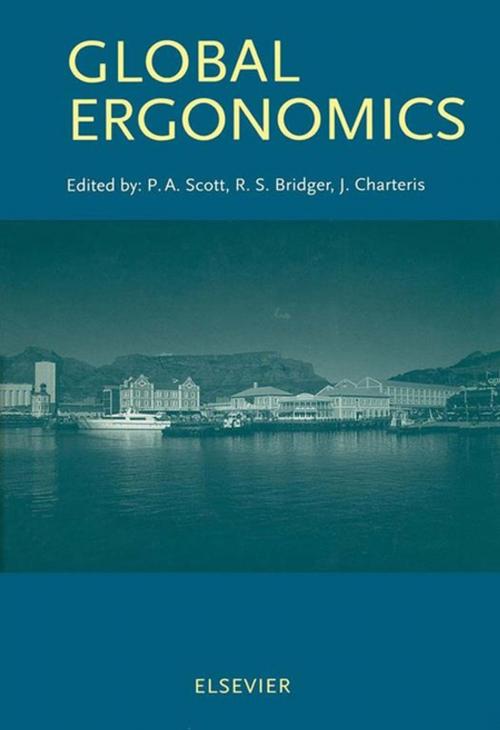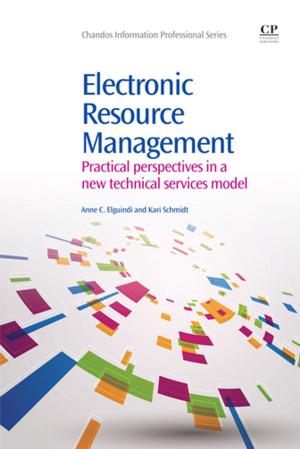Global Ergonomics
Nonfiction, Science & Nature, Technology, Industrial Health & Safety, Industrial Design| Author: | P.A. Scott, J. Charteris, R.S. Bridger | ISBN: | 9780080553047 |
| Publisher: | Elsevier Science | Publication: | September 1, 1998 |
| Imprint: | Elsevier Science | Language: | English |
| Author: | P.A. Scott, J. Charteris, R.S. Bridger |
| ISBN: | 9780080553047 |
| Publisher: | Elsevier Science |
| Publication: | September 1, 1998 |
| Imprint: | Elsevier Science |
| Language: | English |
Jointly hosted by the Ergonomics Society of South Africa (ESSA) and the International Ergonomics Association (IEA), this conference was attended by over 300 delegates and represented the largest and most prestigious gathering of eminent international ergonomists in the history of Africa. It also marked the beginning of a revival in concern for the well-being and productivity of people at work in South Africa.
The conference aimed to juxtapose two great ergonomic themes – the under-developed ethos of the affluent societies and the technologically advanced ethos of the most affluent societies. The structure of the proceedings reflects this with the first section addressing the priorities of countries in transition and the last section addressing the priorities of the most industrially-developed countries, who have, by and large, long since solved the sorts of ergonomics problems currently of concern in the under-developed world. In between these, in a roughly hierarchical arrangement from micro- to macro- levels of analysis, are sections which collectively help span the whole field of ergonomics. Section overviews are provided to outline the topics included in each section.
Jointly hosted by the Ergonomics Society of South Africa (ESSA) and the International Ergonomics Association (IEA), this conference was attended by over 300 delegates and represented the largest and most prestigious gathering of eminent international ergonomists in the history of Africa. It also marked the beginning of a revival in concern for the well-being and productivity of people at work in South Africa.
The conference aimed to juxtapose two great ergonomic themes – the under-developed ethos of the affluent societies and the technologically advanced ethos of the most affluent societies. The structure of the proceedings reflects this with the first section addressing the priorities of countries in transition and the last section addressing the priorities of the most industrially-developed countries, who have, by and large, long since solved the sorts of ergonomics problems currently of concern in the under-developed world. In between these, in a roughly hierarchical arrangement from micro- to macro- levels of analysis, are sections which collectively help span the whole field of ergonomics. Section overviews are provided to outline the topics included in each section.















